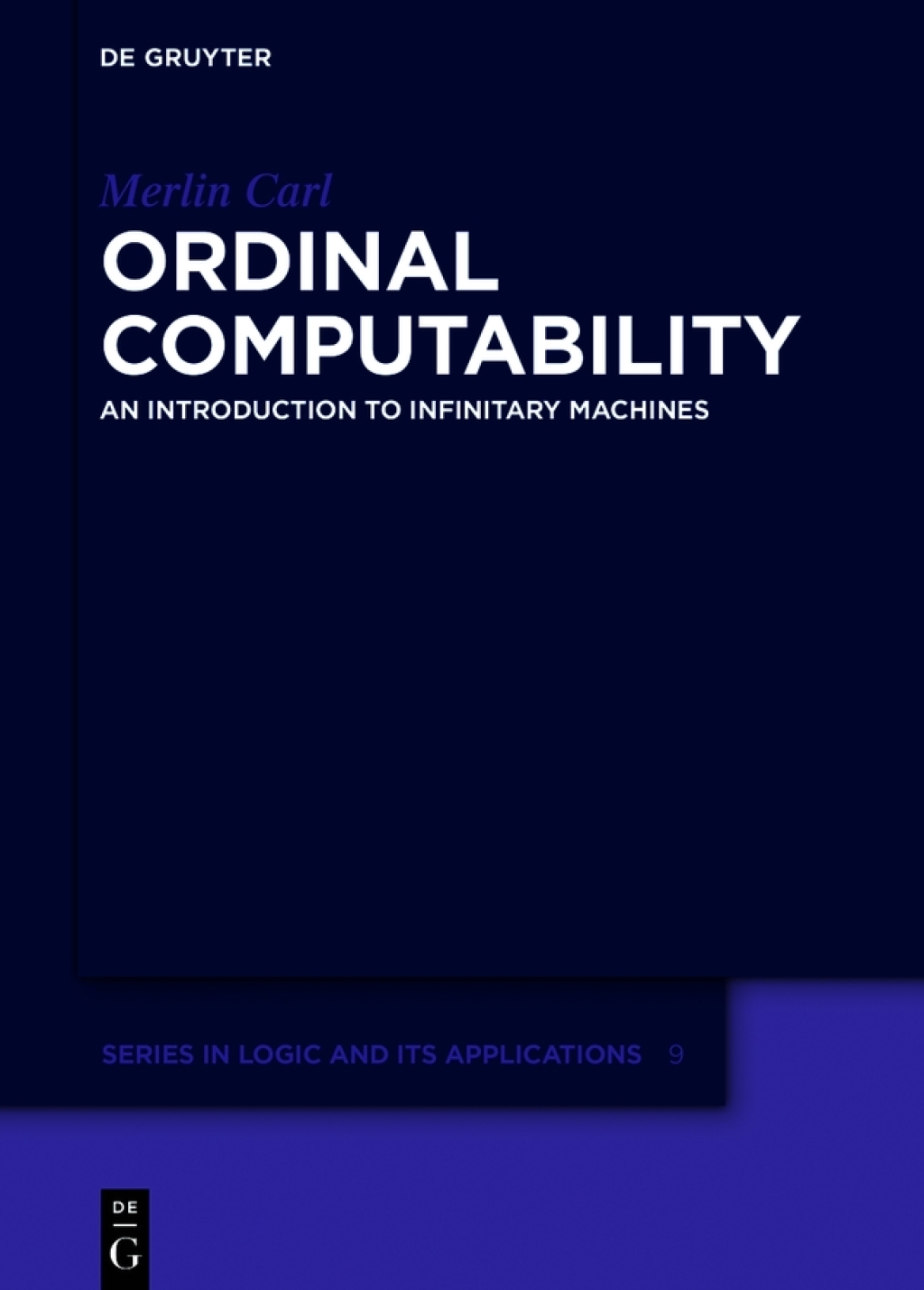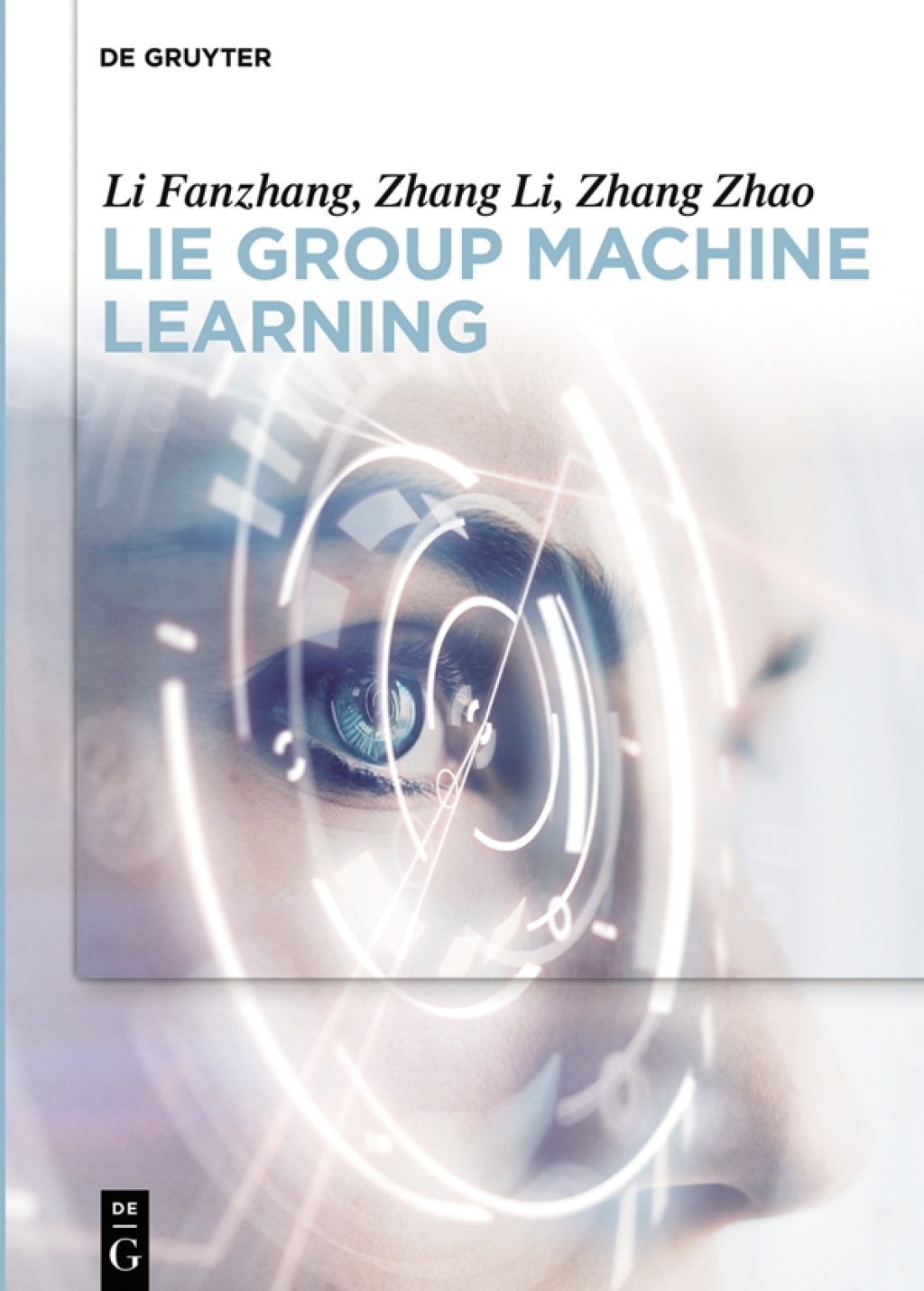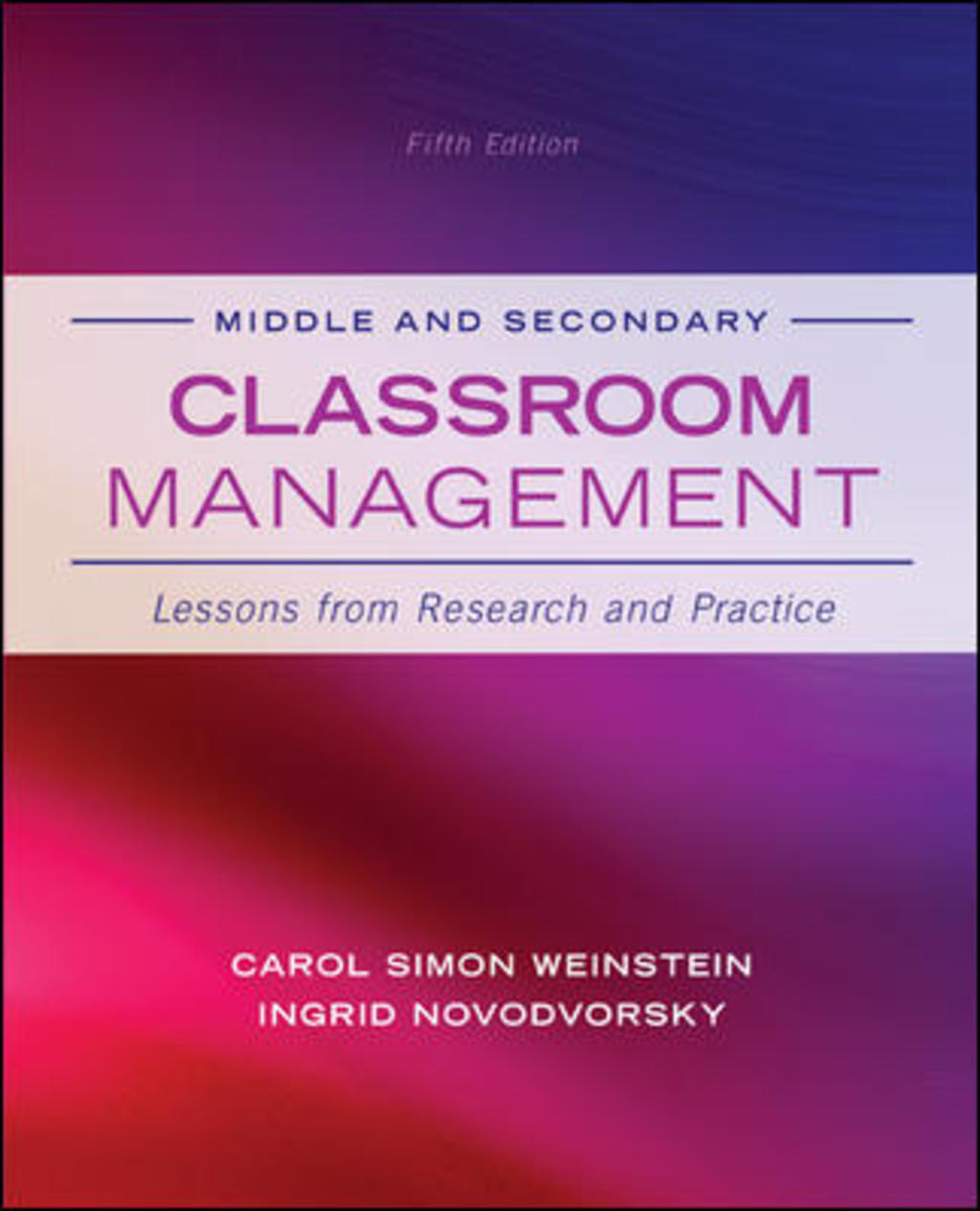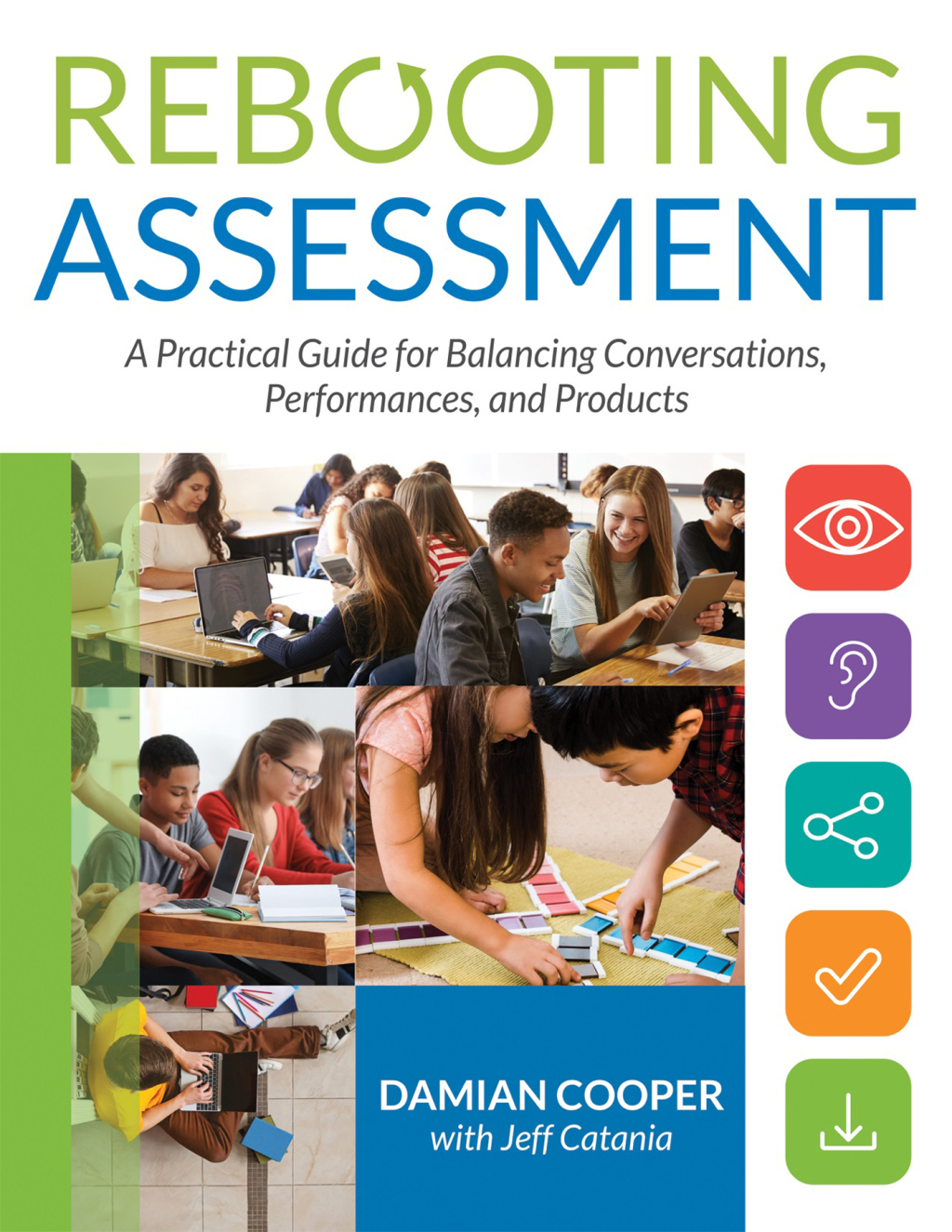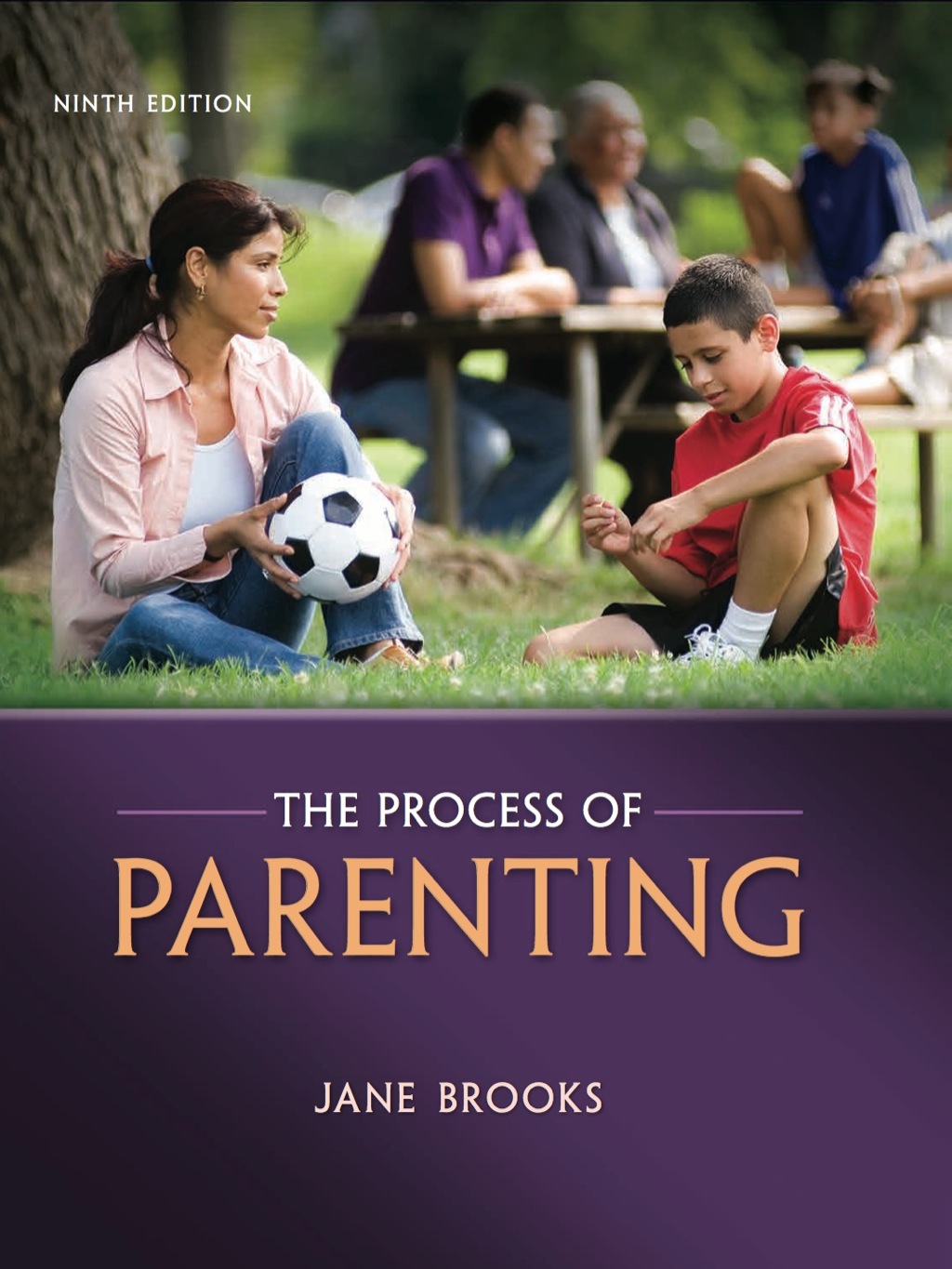Description
This book explains deep learning concepts and derives semi-supervised learning and nuclear learning frameworks based on cognition mechanism and Lie group theory. Lie group machine learning is a theoretical basis for brain intelligence, Neuromorphic learning (NL), advanced machine learning, and advanced artifi cial intelligence. The book further discusses algorithms and applications in tensor learning, spectrum estimation learning, Finsler geometry learning, Homology boundary learning, and prototype theory. With abundant case studies, this book can be used as a reference book for senior college students and graduate students as well as college teachers and scientific and technical personnel involved in computer science, artifi cial intelligence, machine learning, automation, mathematics, management science, cognitive science, financial management, and data analysis. In addition, this text can be used as the basis for teaching the principles of machine learning. Li Fanzhang is professor at the Soochow University, China. He is director of network security engineering laboratory in Jiangsu Province and is also the director of the Soochow Institute of industrial large data. He published more than 200 papers, 7 academic monographs, and 4 textbooks. Zhang Li is professor at the School of Computer Science and Technology of the Soochow University. She published more than 100 papers in journals and conferences, and holds 23 patents. Zhang Zhao is currently an associate professor at the School of Computer Science and Technology of the Soochow University. He has authored and co-authored more than 60 technical papers.

